Under the melting ice: the race for the Arctic’s riches
Competition to gain access and control of this ‘yet-to-be-exploited’ region is heating up with a vengeance
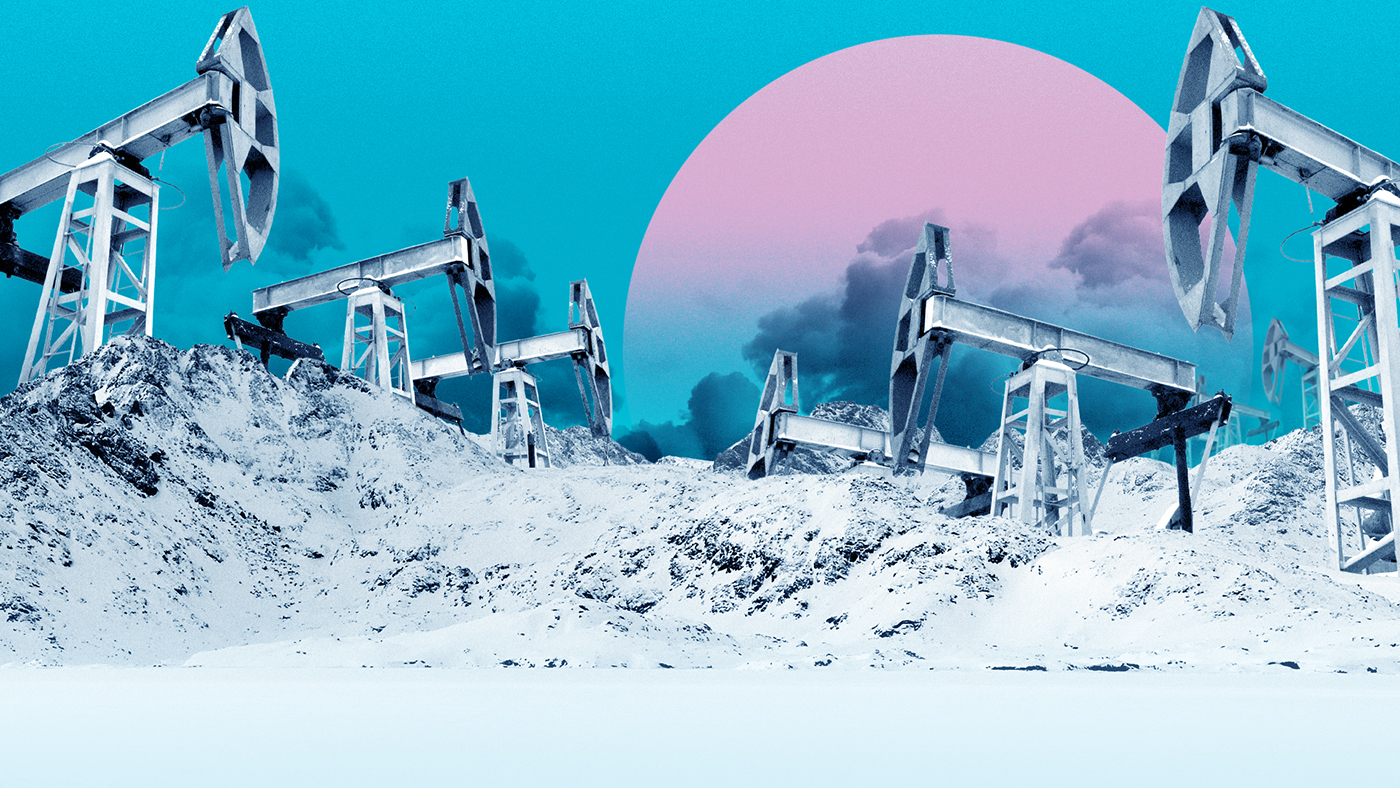
A free daily email with the biggest news stories of the day – and the best features from TheWeek.com
You are now subscribed
Your newsletter sign-up was successful
For centuries, the Arctic’s hostile climate has ensured its status as “one of the very few remaining” unspoiled parts of the world, said Ashok Swain in Gulf News (Dubai). However, it’s also one of the planet’s most resource-rich regions, estimated to hold 13% of the world’s oil (some 90 billion barrels) and 30% of undiscovered natural gas reserves.
It has huge deposits of copper, lithium, nickel, platinum, and rare earth materials used in batteries and electronics, and offers vast potential for producing renewable energy using wind turbines.
What’s more, the fast-melting ice there is opening up valuable new shipping lanes in the Arctic Sea: “the receding of polar ice may make the Arctic completely free from summer sea ice by 2035”, slashing journey times for vessels carrying goods from Asia to Europe. No wonder, then, that competition to gain access and control of this “yet-to-be-exploited” region is heating up with a vengeance.
The Week
Escape your echo chamber. Get the facts behind the news, plus analysis from multiple perspectives.

Sign up for The Week's Free Newsletters
From our morning news briefing to a weekly Good News Newsletter, get the best of The Week delivered directly to your inbox.
From our morning news briefing to a weekly Good News Newsletter, get the best of The Week delivered directly to your inbox.
Cooperation in the Arctic is meant to be overseen by the Arctic Council, comprising Russia, Norway, Sweden, Finland, Denmark, Iceland, the US and Canada, said Ott Ummelas and Danielle Bochove on Bloomberg (New York). But the council’s meetings were paused after Russia (its current chair) invaded Ukraine; and while they are in abeyance, some countries – notably China and Russia itself – are staking their claims to the Arctic more and more assertively, said Didi Tang in The Times. Moscow, which views the Arctic as its backyard, is determined to get its hands on the Arctic’s resources ahead of its Western rivals.
Beijing, which casts itself as a “near-Arctic state”, plans to use nuclear-powered icebreakers to establish a “Silk Road on ice” – a network of routes to cement its global superpower status. And now the two have struck a deal “to protect their strategic interests in the Arctic”. Details of this so-called “maritime law enforcement” agreement are sparse; but we do know that the Kremlin responded to Finland’s recent Nato accession by unveiling plans for “more military outposts in the region, including deepwater ports and airfields”. And in China, it seems to have found a willing partner in such an endeavour.
Beijing certainly has much to gain from this deal, said Dói Ennoson on Finanzmarktwelt (Hamburg). Getting a slice of the Arctic’s natural resources is tempting enough, but even more so is the advantage that opening a sea route along Russia’s north coast, and avoiding the necessity of using the Suez Canal, would give them: it would halve ships’ journey times between Shanghai and Europe.
You’d think Washington would be worried about the Russia/China deal, said Josh Caldon on Centre for International Maritime Security (Washington) – yet in reality, it isn’t that “interested in competing for the Arctic”. That’s because Russia has only a handful of ports that are “free from year-round ice”, while America is blessed with its own natural harbours on both east and west coasts.
A free daily email with the biggest news stories of the day – and the best features from TheWeek.com
And, being aware how high the cost of extraction is in a region that’s dark for half the year, it prefers to let Russia and China do the hard work of adding to the global supply of mineral resources, and let US consumers enjoy the ensuing decrease in price. Besides, now that Russian aggression has prompted Sweden and Finland to petition to join Nato, Washington feels it can rely on its Nato allies to focus on the Arctic. It now prefers to focus its attentions on more profitable domains such as space, cyberspace and the Indo-Pacific.
But what we’re forgetting, said Danielle Bochove on Bloomberg (New York), is the huge impact extracting raw materials is likely to have in a region so “critical to the planet’s climate defences”. The region is already warming “up to four times as fast as the rest of the globe”: loss of vital ice sheets, which slow climate change by reflecting the Sun’s heat, will accelerate this yet further, as will thawing permafrosts, which release CO2 into the atmosphere.
In short, exerting control of the Arctic should be viewed not just through the lens of “exploitation”, but through the lens of “protection”. We all need to be concerned about the development of deep-sea mining in the Arctic.
-
 Samurai: a ‘blockbuster’ display of Japanese heritage
Samurai: a ‘blockbuster’ display of Japanese heritageThe Week Recommends British Museum show offers a ‘scintillating journey’ through ‘a world of gore, power and artistic beauty’
-
 BMW iX3: a ‘revolution’ for the German car brand
BMW iX3: a ‘revolution’ for the German car brandThe Week Recommends The electric SUV promises a ‘great balance between ride comfort and driving fun’
-
 Munich Security Conference: a showdown between Europe and Trump?
Munich Security Conference: a showdown between Europe and Trump?Today’s Big Question Report suggests European leaders believe they can no longer rely on the US for military support – but decoupling is easier said than done
-
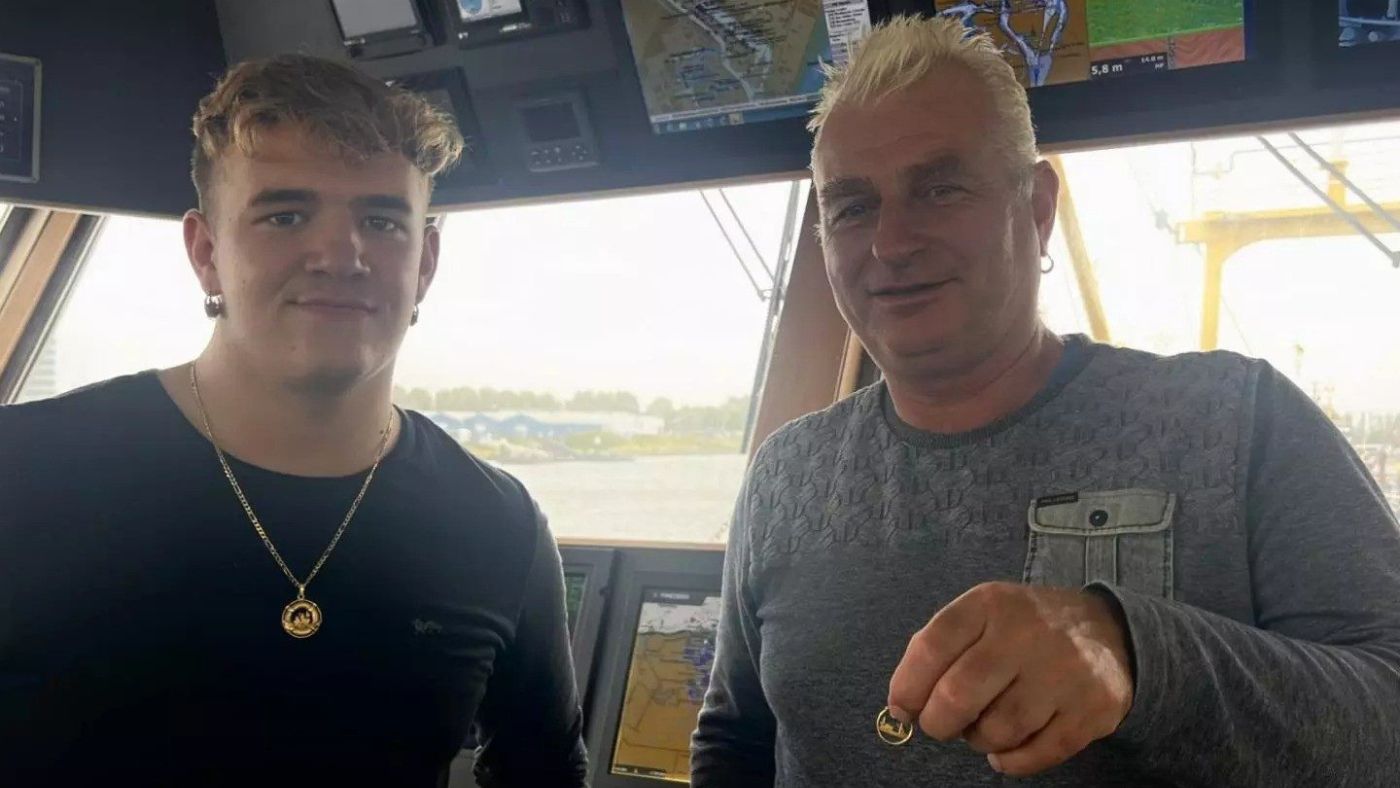 Earring lost at sea returned to fisherman after 23 years
Earring lost at sea returned to fisherman after 23 yearsfeature Good news stories from the past seven days
-
 Bully XL dogs: should they be banned?
Bully XL dogs: should they be banned?Talking Point Goverment under pressure to prohibit breed blamed for series of fatal attacks
-
 The spiralling global rice crisis
The spiralling global rice crisisfeature India’s decision to ban exports is starting to have a domino effect around the world
-
 Netanyahu’s reforms: an existential threat to Israel?
Netanyahu’s reforms: an existential threat to Israel?feature The nation is divided over controversial move depriving Israel’s supreme court of the right to override government decisions
-
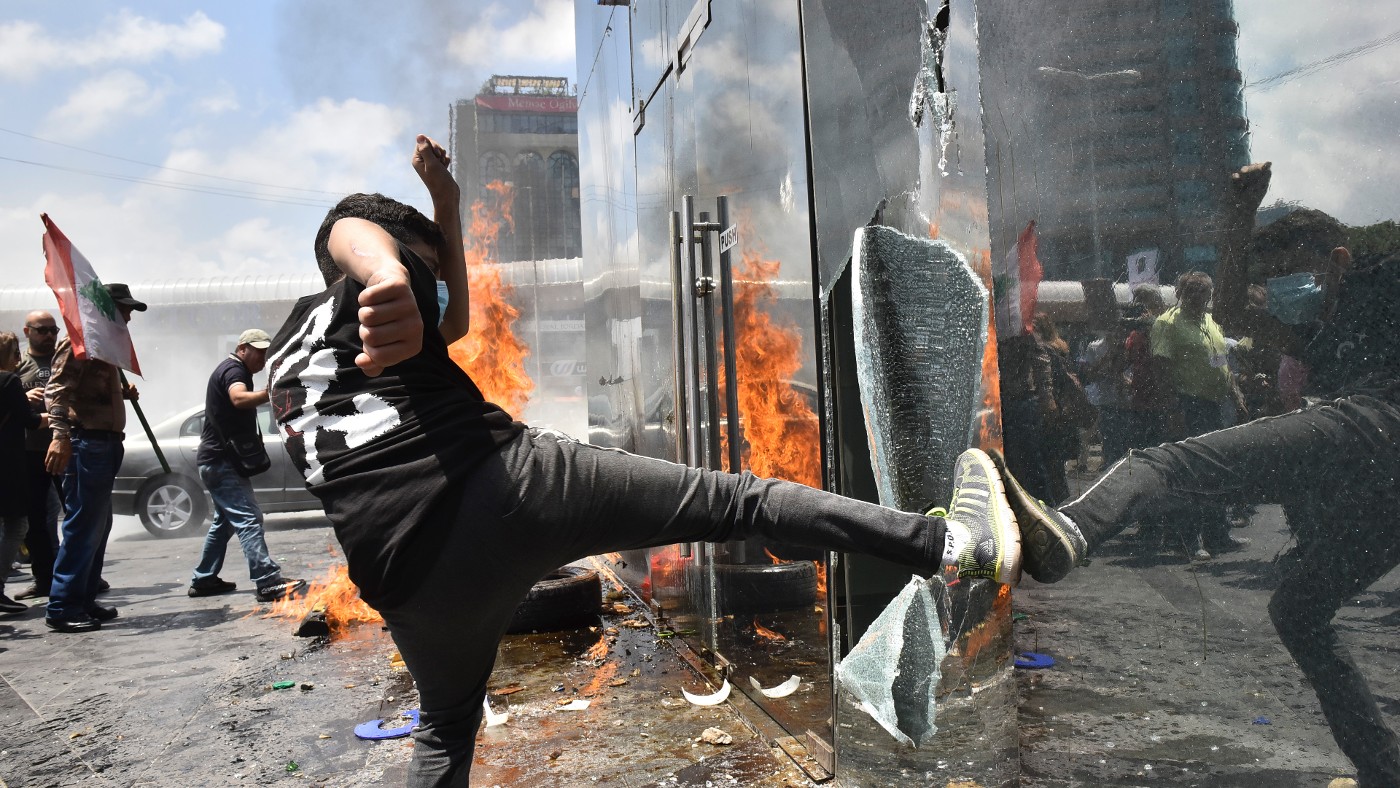 A country still in crisis: Lebanon three years on from Beirut blast
A country still in crisis: Lebanon three years on from Beirut blastfeature Political, economic and criminal dramas are causing a damaging stalemate in the Middle East nation
-
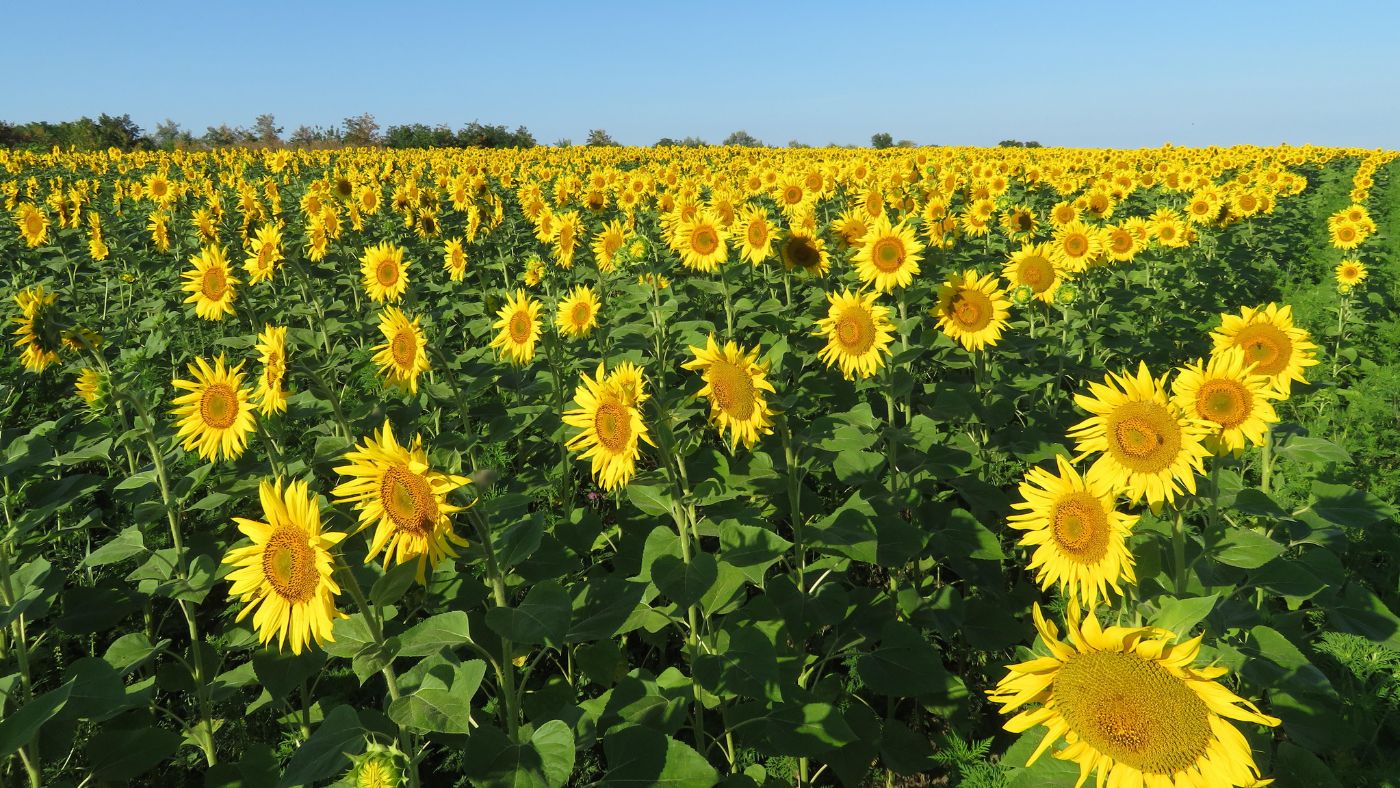 Farmer plants 1.2m sunflowers as present for his wife
Farmer plants 1.2m sunflowers as present for his wifefeature Good news stories from the past seven days
-
 Ghana abolishes the death penalty
Ghana abolishes the death penaltyfeature It joins a growing list of African countries which are turning away from capital punishment
-
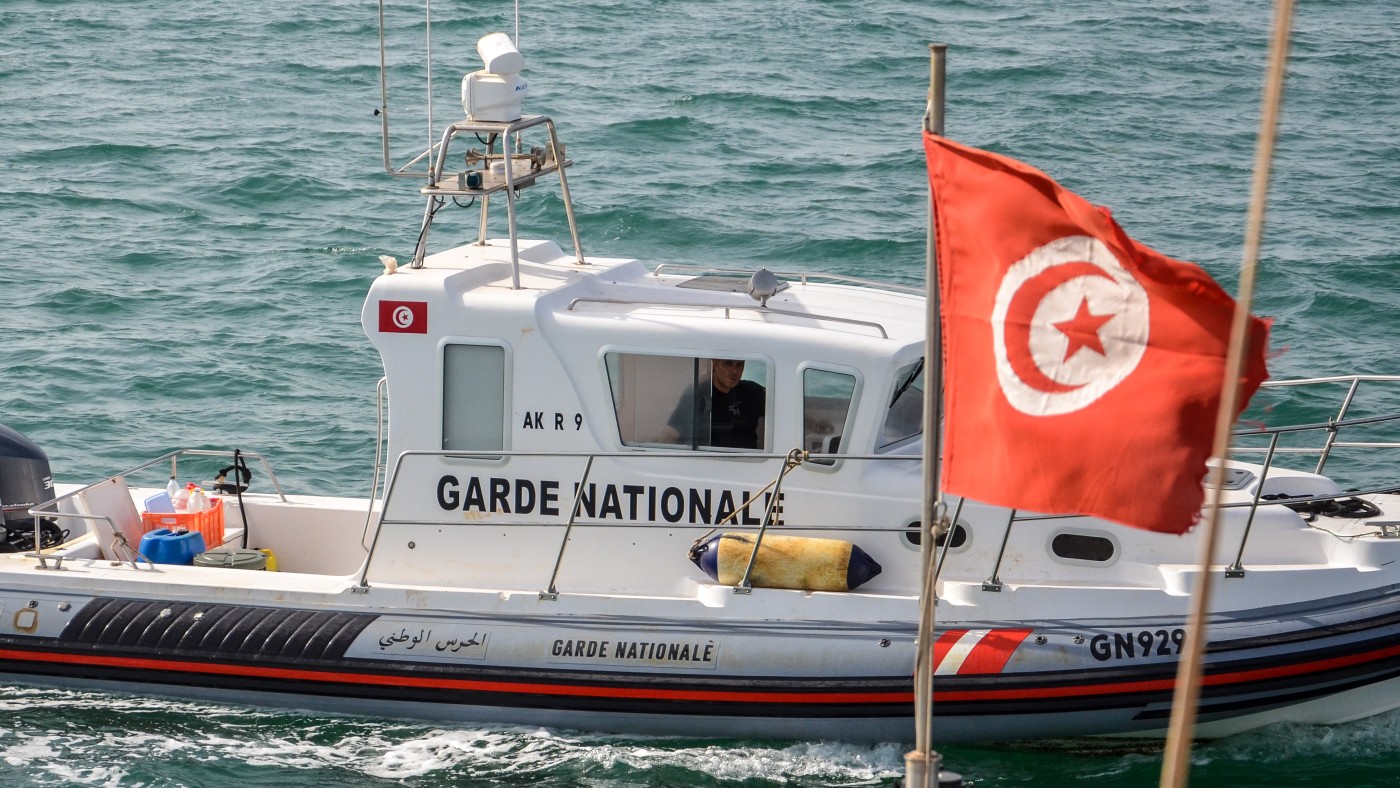 EU-Tunisia agreement: a ‘dangerous’ deal to curb migration?
EU-Tunisia agreement: a ‘dangerous’ deal to curb migration?feature Brussels has pledged to give €100m to Tunisia to crack down on people smuggling and strengthen its borders